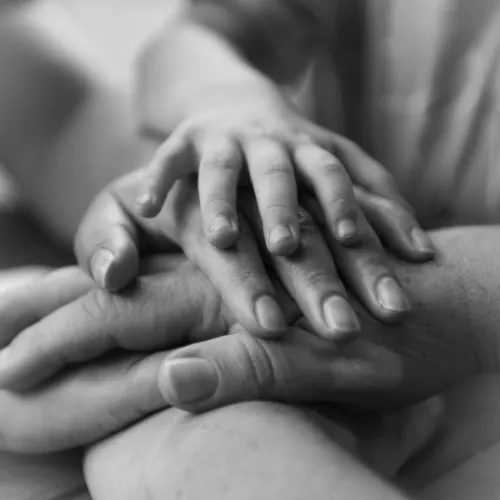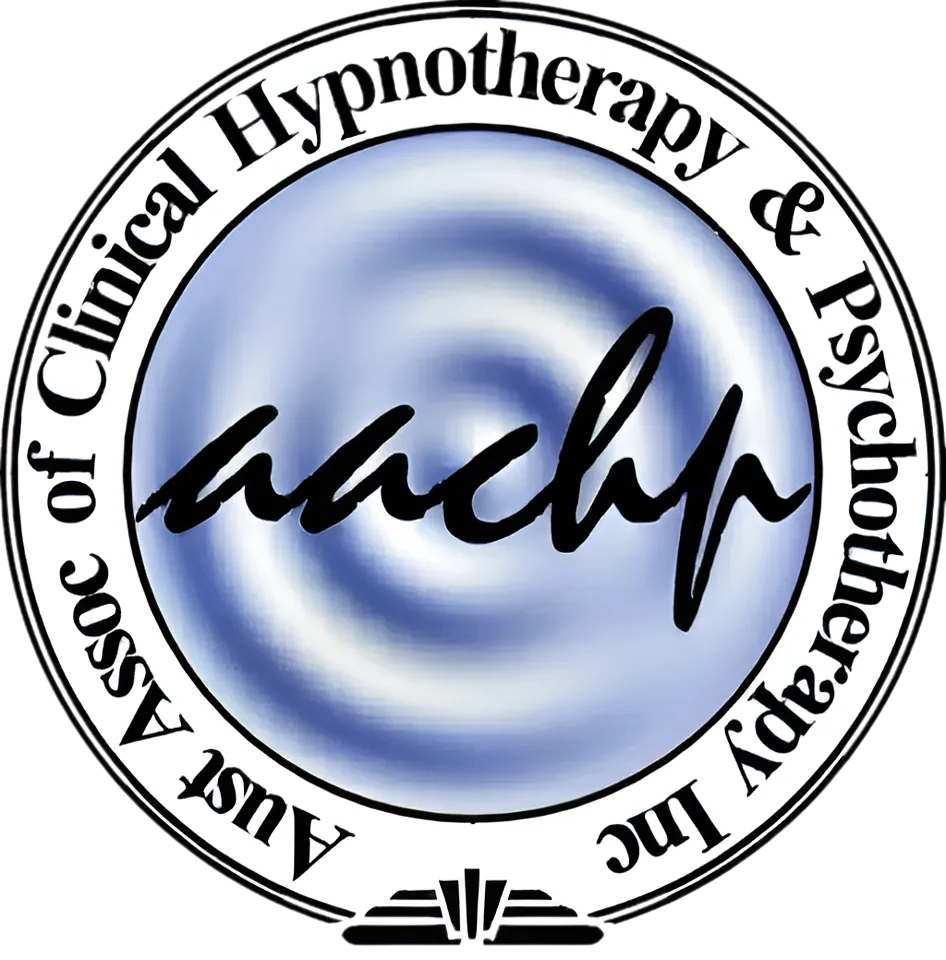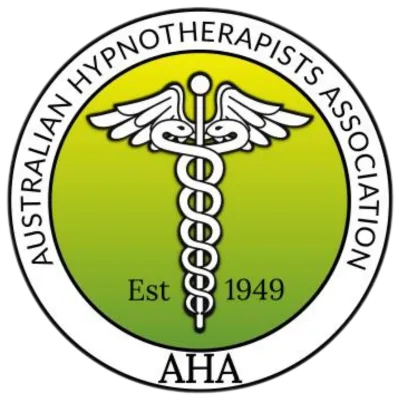THERAPY FOR ADDICTION: DISSOLVE THE PAIN BEHIND THE CRAVING
Compassionate Expert Online Hypnosis and Hypnotherapy Across Australia
Addictive habits—smoking, alcohol, emotional eating, or other urges—aren’t just about willpower. They are your body and mind’s way of seeking relief, comfort, or safety. I help you dissolve the pain and unmet need beneath the craving so the urge no longer controls you, and choice naturally returns.
WHO THIS IS FOR
“I reach for smoking/alcohol/food when stress hits”
“Evenings, boredom, or social pressure are my triggers”
“I want practical steps that don’t depend on willpower”
“I’m ready to understand the need my habit is meeting”
WHAT YOU'LL NOTICE
Urges soften and auto-pilot choices decrease
More honest follow-through with less shame, more clarity
A calmer body, steadier mood, and better sleep
Clear, workable strategies for high-risk moments (Everyone’s path is unique. Results vary.)
CASE STORIES
Jacqui: From smoking for comfort to setting boundaries with ease
Lisa: From emotional eating to steadier, calmer choices
Sarah: Alcohol and food cravings—addressing the need underneath, not just the behaviour
Gentle perspective (why habits stick) Coping strategies (smoking, alcohol, emotional eating) serve a purpose—relief, escape, comfort, or safety. Together we acknowledge the role they’ve played and meet the underlying need more kindly, so urges soften and the body self‑regulates more easily.

WHY HABITS STICK (AND WHY IT'S NOT YOUR FAULT)
Habits serve a purpose—they relieve stress, numb discomfort, or create comfort. Together, we acknowledge what they’ve done for you, then meet the unmet need at its root. When the underlying pain dissolves, cravings naturally lose their hold, and your body self-regulates with ease.
HOW SESSIONS HELP (YOUR PACE LEADS)
Safety first: calm the nervous system so choice can return
Map the loop: cue → meaning → urge → action → result
Dissolve the need: soothe the underlying pain, don’t just swap behaviours
Practical language & micro-skills: useable anytime, anywhere
Tailored sessions: no preset plan—your system guides the work
HIGH-RISK MOMENTS WE PREPARE FOR
Evenings, after work, or post-dinner routines
Social situations, “just one” logic, or peer pressure
Boredom, fatigue, stress, or loneliness
Triggers from TV, scrolling, driving, or habitual cues
Paydays, celebrations, anniversaries, and grief-related dates
FAQs
Will I be in control? Yes. You remain awake, aware, and in charge.
How many sessions? Many notice change in 1–3; we decide together.
Will I just swap one habit for another? We work with the need under the habit to avoid swapping.
Is online effective? Absolutely. A quiet space and headphones work well.
Medical note: This supports—not replaces—medical care.
Attachment, Regulation, and Addiction (why this isn't your fault)
Extensive global research focused on mental health has led to a transformative shift in how we perceive human development as a whole. In essence, these studies have illuminated a connection between Addiction and the inability to establish secure attachments with caregivers during early life. It’s crucial to note that this pattern is not a matter of blame, but rather a trans-generational phenomenon. For instance, a parent’s coping mechanism of resorting to alcohol or a tendency to employ silent treatment might have roots in their own struggles. Unfortunately, these difficulties might have hindered their ability to provide essential elements like nurturing, unconditional love, safety, and support to their child during critical moments.
I wish to convey that Emotional Eating, Smoking Cigarettes, Alcohol Consumption—whatever your chosen coping strategy may be—serves a purpose for you. Whether it offers solace, an escape, or a momentary respite, these behaviours address a need. While society often focuses on the substance or behaviour itself as the source of addiction, the truth is, we seek what these actions provide for us.
I view coping strategies as a response to the challenges of Internal Pain / Hurt / Fear / Anxiety / Overwhelm / Stress. When unsettling emotions arise, that coping strategy steps in to provide a means of returning the body to safety—a solution to the underlying issue, perhaps serving as an escape, offering a momentary respite, or provides comfort by alleviating pain and promoting relaxation. Working together, we embark on a journey of exploration, engaging in compassionate inquiry to acknowledge, validate and appreciate the role these behaviours play in supporting the individual.
What I present is a chance to address and mend the root causes of your pain and distress, enabling you to gradually relinquish the reliance on coping strategies. Through my experience, I’ve observed that individuals who seek solace through these strategies often discover that their desire for the substance or behaviour diminishes, as their bodies naturally regain the ability to self-regulate.

Healthy Boundaries and Relapse Risk
Clear, kind limits reduce triggers and decision fatigue. We practise soft/firm lines you can actually use in real moments.
You might think that breaking free from a substance or habit has to be a challenging experience, but we’re here to tell you it doesn’t have to be that way. We understand that the idea of giving up something you’ve relied on can be daunting. The fear of relapse, the uncertainty of how to cope without it, and the dread of facing triggers including boredom can be overwhelming.
Now, picture this: a world where you don’t have to battle cravings or suffer through withdrawals. How fantastic would that be? Our ultimate solution is to help you reach a point where you no longer crave the substance or behaviour and won’t be swapping one substance or behaviour for another. You’ll feel supported, and those triggers that used to torment you won’t hold power over you any longer. Instead, you’ll respond with newfound strength and the confidence that you can conquer this. It’s a game-changer!

READY TO RECLAIM CHOICE?

14 McDougal Road, Neerim South VIC 3831
ABN - 99 421 507 448
AACHP Member No. - PCM2003411
AHA Member No. - CM2022969








